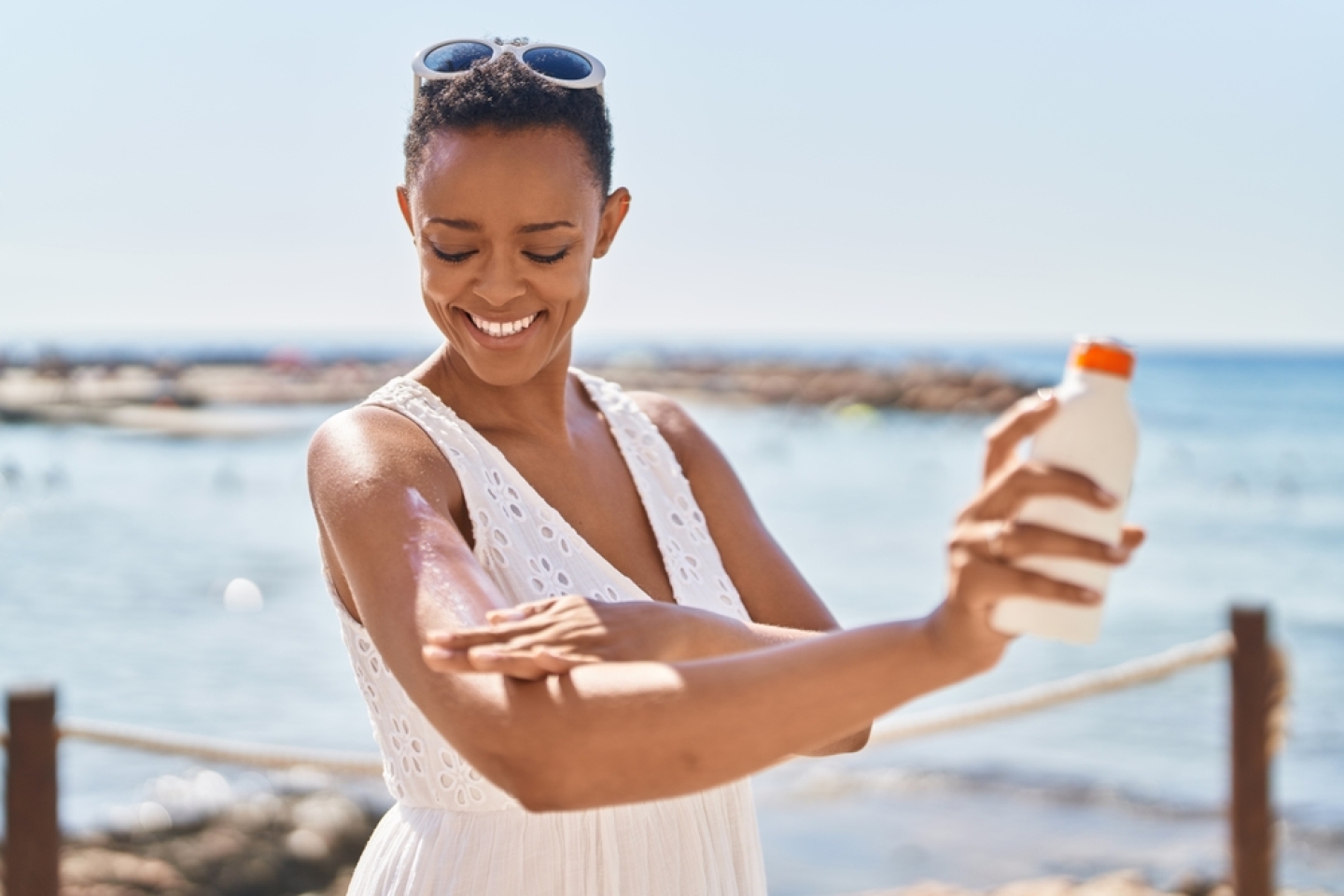
You don’t have to run and hide as the summer sun beats down. Knowing how sunscreen works and wearing sunscreen can help you have fun in the sun without painful, dangerous burns.
“Gentle sun rays are important,” says Dr. Jack Levy, assistant attending dermatologist and assistant professor of Clinical Dermatology at Weill Cornell Medicine. “They help with vitamin D production, mood elevation and sleep regulation.”
Smart sun exposure, however, requires the right sunscreen.
While there are countless sunscreen brands, all sunscreens aim to protect you from the sun’s harmful ultraviolet (UV) rays. They do this in one of two ways.
Hybrid sunscreens are also available and contain active ingredients from both types of sunscreen.
Years ago, labels on sunscreen products only mentioned protection against UVB rays. That’s because UVB rays cause sunburns and many skin cancers. According to the American Cancer Society, UVA rays may also result in skin cancer, along with wrinkles and other sun damage.
What can you do to protect against UVA and UVB rays and maximize your summertime sun safety? Learning to read and understand sunscreen labels is a good place to start. Words you’ll find there include:
No matter what kind of sunscreen you choose, you must use it properly to protect your skin. To make the most of your sunscreen, do the following:
Don’t like how a sunscreen smells or feels on your skin? Shop around for another option. There are plenty out there, and finding the right one for you can make the difference in keeping your skin healthy.
“The best sunscreen is the one you’ll use,” Dr. Levy says, “so try a few until you find the one that feels best on your skin.”
Want help monitoring your skin and keeping it as healthy as possible? Find a doctor at Weill Cornell Medicine today.